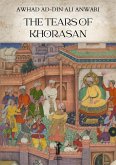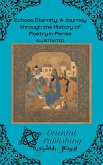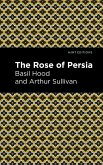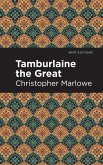Omar Khayyam (Ghiyath ad-Din Abu'l-Fat¿ ¿Umar ibn Ibrahim al-Khayyam Nishapuri), born in Nishapur, Khorasan, the initial capital of the Seljuk Empire, in 1048, was a Persian polymath, philosopher and initiate, known for his contributions to mathematics, astronomy and Persian poetry. Intellectually Khayyam considered himself a student of Avicenna (Ibn Sina). There is a tradition of attributing poetry to Omar Khayyam, written in the form of quatrains (rubäiyat). This poetry became widely known to the English-reading world in a translation by Edward FitzGerald (Rubaiyat of Omar Khayyam, 1859), which enjoyed great success in the Orientalism of the last part of XIX century.
Dieser Download kann aus rechtlichen Gründen nur mit Rechnungsadresse in A, B, BG, CY, CZ, D, DK, EW, E, FIN, F, GR, HR, H, IRL, I, LT, L, LR, M, NL, PL, P, R, S, SLO, SK ausgeliefert werden.









